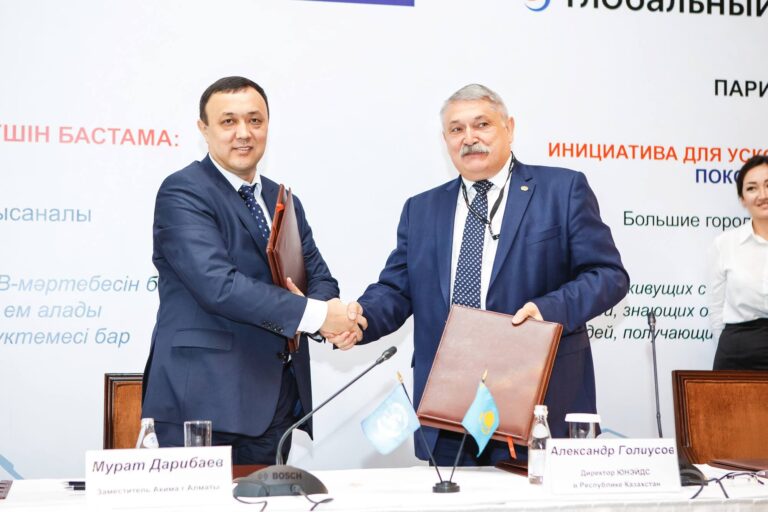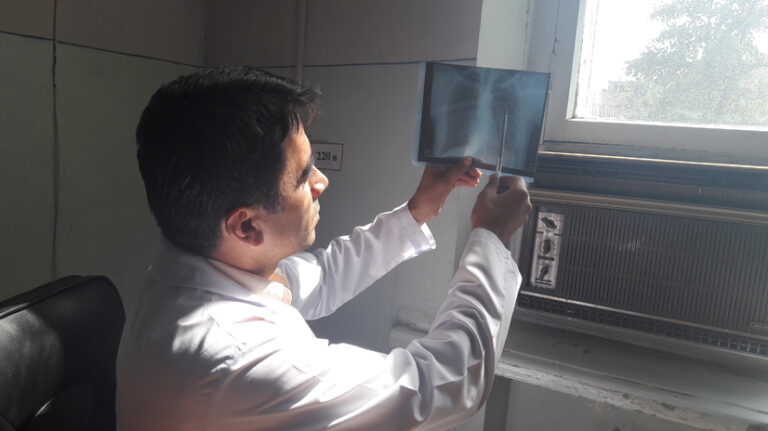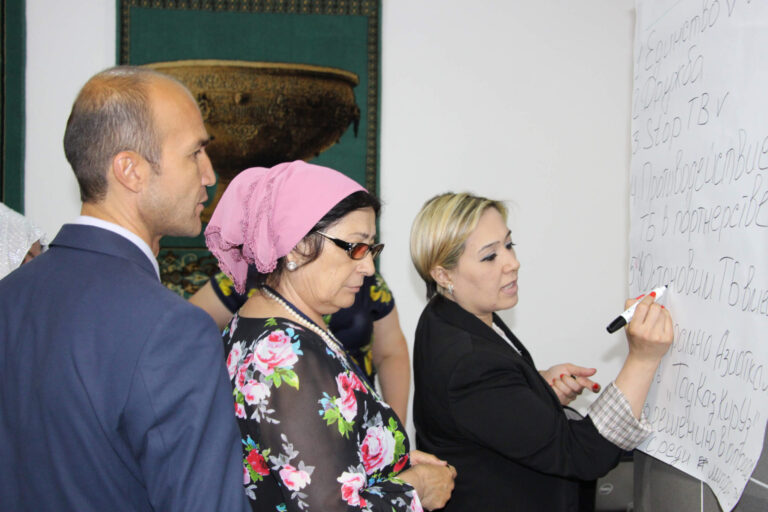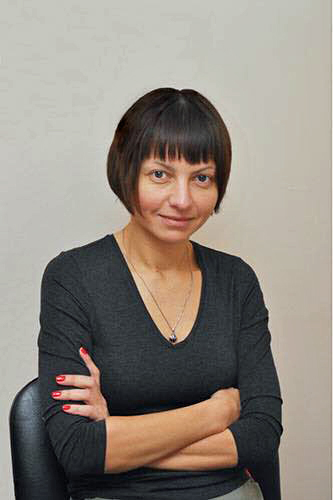
Almaty is the first city in Central Asia to sign the Paris Declaration
The world movement, which already includes more than 70 major cities around the world, has reached Central Asia. The first city, whose authorities signed Paris Declaration with an appeal to stop AIDS epidemic on July 20, 2017, was Almaty.









